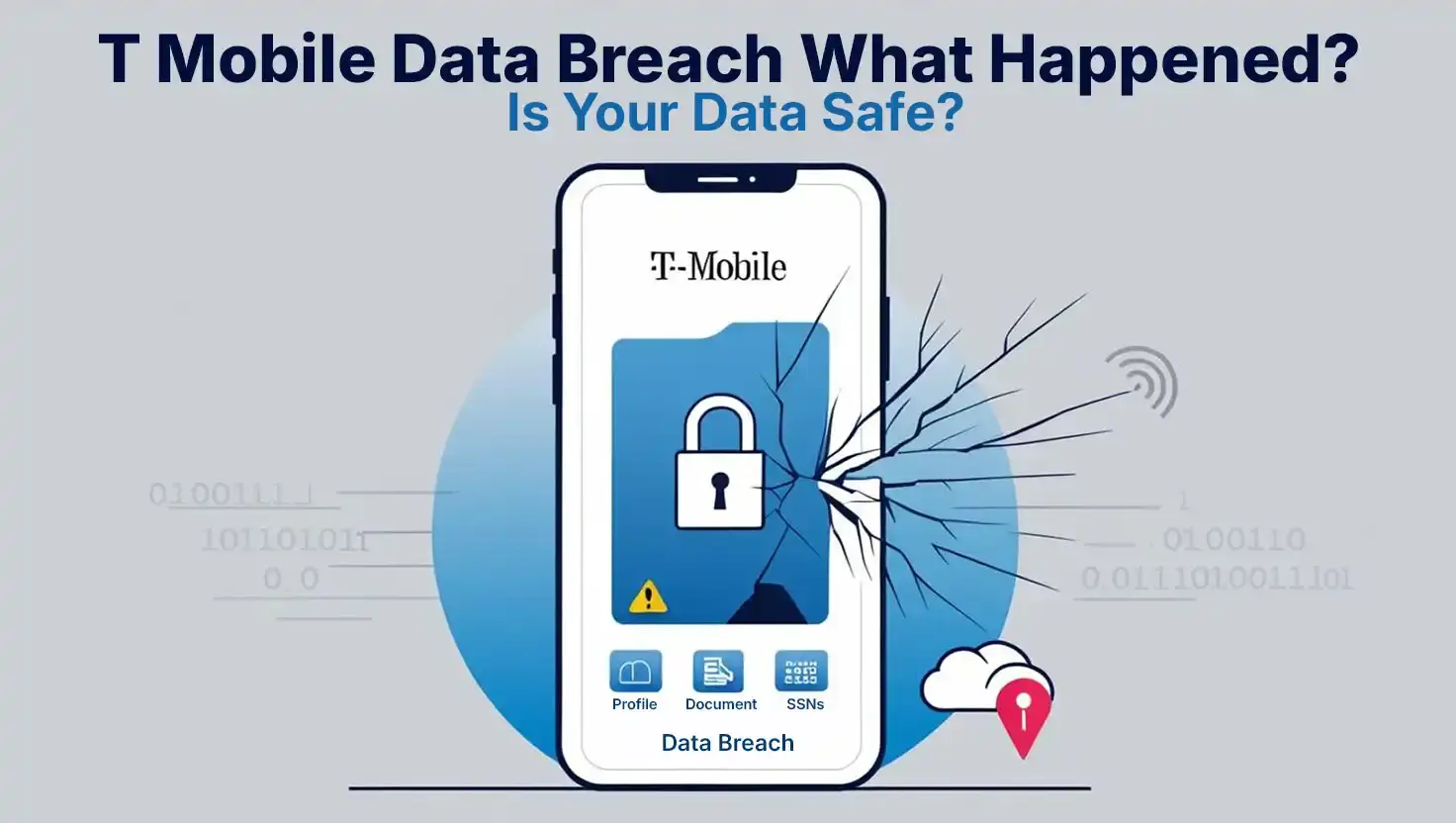Three-Year Data Breach Costs T-Mobile $16 Million In Fines

Table of Contents
The Extent of the T-Mobile Data Breach
The T-Mobile data breach spanned three years, exposing sensitive customer information on a massive scale. The attackers gained unauthorized access to a significant amount of customer data, including names, addresses, Social Security numbers, driver's license information, and in some cases, financial details. While the exact methods used by the attackers weren't fully disclosed, the breach highlighted vulnerabilities in T-Mobile's security infrastructure. The sheer scale of the breach underscores the devastating impact of inadequate cybersecurity measures.
- Number of affected accounts: While the exact number fluctuates depending on the source and the definition of "affected," reports suggest millions of customers were impacted.
- Types of data stolen: The stolen data included personally identifiable information (PII), financial data, and potentially other sensitive details depending on the individual account.
- Specific vulnerabilities exploited: While the precise vulnerabilities remain partially undisclosed for security reasons, the breach highlighted the need for robust network security and protection against sophisticated attacks.
Regulatory Actions and the $16 Million Fine
Following the discovery of the breach, several regulatory bodies launched investigations, including the Federal Trade Commission (FTC). The FTC levied a $16 million fine against T-Mobile due to violations of the FTC Act, which prohibits unfair or deceptive acts or practices. The fine reflects the severity of the breach and T-Mobile's failure to adequately protect customer data. The penalties underscore the significant financial risks associated with data breaches and non-compliance with data protection regulations.
- Specific regulations violated: The FTC's action highlights the importance of adhering to data security regulations designed to protect consumer information.
- Breakdown of the fine allocation: The $16 million fine was likely allocated to cover investigation costs, remediation efforts, and penalties for the violations.
- Other consequences: Besides the monetary fine, T-Mobile faced significant reputational damage, loss of customer trust, and potential legal ramifications from individual lawsuits.
Lessons Learned and Best Practices for Data Security
The T-Mobile data breach serves as a powerful case study highlighting the critical importance of robust cybersecurity measures. Preventing future data breaches requires a multifaceted approach encompassing technology, processes, and employee training. This includes investing in proactive security assessments, penetration testing, and incident response planning.
- Implementing multi-factor authentication (MFA): MFA adds an extra layer of security, making it significantly harder for attackers to access accounts even if they obtain usernames and passwords.
- Regular security audits and vulnerability assessments: Regularly assessing systems for vulnerabilities and weaknesses is crucial for identifying and addressing potential security gaps before they can be exploited.
- Employee security awareness training programs: Educating employees about phishing scams, social engineering tactics, and safe password practices is essential to prevent human error from becoming a security vulnerability.
- Strong data encryption and access control policies: Encrypting sensitive data both in transit and at rest, coupled with strong access control policies, limits the damage even if a breach occurs.
- Incident response planning: Having a well-defined incident response plan in place ensures a swift and effective response in the event of a data breach, minimizing its impact.
The High Cost of Neglecting Cybersecurity: Preventing Future T-Mobile-Like Data Breaches
The T-Mobile data breach underscores the substantial financial and reputational costs associated with inadequate cybersecurity measures. The $16 million fine serves as a stark warning to all businesses, emphasizing the critical need for proactive data breach prevention strategies and adherence to data protection regulations. This case highlights the importance of investing in robust cybersecurity infrastructure, employee training, and ongoing security assessments. To avoid similar costly data breaches and protect your organization, invest in robust cybersecurity strategies, prioritize data breach prevention, and implement cybersecurity best practices. Reducing data breach costs starts with a commitment to comprehensive information security.

Featured Posts
-
 Demarrage Du Tournage Du Premier Film De Berenger Thouin L Age D Or
May 05, 2025
Demarrage Du Tournage Du Premier Film De Berenger Thouin L Age D Or
May 05, 2025 -
 The Potent Powder Fueling Cocaines Global Surge Understanding The Narco Subs Connection
May 05, 2025
The Potent Powder Fueling Cocaines Global Surge Understanding The Narco Subs Connection
May 05, 2025 -
 Razrushennaya Druzhba Bredli Kuper Protiv Leonardo Di Kaprio
May 05, 2025
Razrushennaya Druzhba Bredli Kuper Protiv Leonardo Di Kaprio
May 05, 2025 -
 Patrick Beverley And Russell Westbrook The Story Behind The Viral Post
May 05, 2025
Patrick Beverley And Russell Westbrook The Story Behind The Viral Post
May 05, 2025 -
 Corinthians X Sao Bernardo Tudo Sobre O Jogo De Hoje Horario E Onde Assistir
May 05, 2025
Corinthians X Sao Bernardo Tudo Sobre O Jogo De Hoje Horario E Onde Assistir
May 05, 2025
